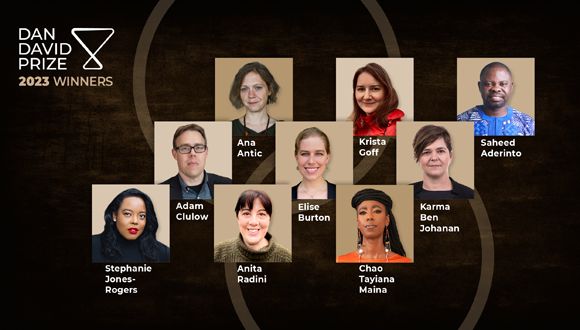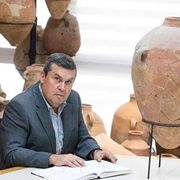Dan David Prize Announces 2023 Winners
Nine emerging historians, archaeologists, curators and digital humanists will each receive $300,000 USD, in recognition of their breakthrough achievements in the study of the past
The Dan David Prize, the largest history prize in the world, today announced its 2023 winners - nine emerging scholars and practitioners, whose work illuminates the past in bold and creative ways. Each of the winners - who work in Kenya, Ireland, Denmark, Israel, Canada and the United States - will receive $300,000 (USD) in recognition of their achievements and to support their future endeavors.
“Our winners represent the new generation of historians,” said Ariel David, board member of the Prize and son of the founder. “They are changing our understanding of the past by asking new questions, targeting under-researched topics and using innovative methods. Many of the winners we are recognizing today are still in the early stages of their careers, but they have already challenged how we think about history. Understanding the past, in all its complexity, is critical to illuminating the present and confronting the challenges of the future.”
The 2023 winners are listed below:
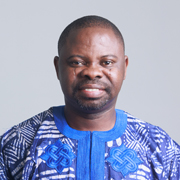 |
Prof. Saheed Aderinto from Florida International University uses unusual lenses such as sexuality, guns, animals and music to reexamine colonial identity and subjecthood in modern Africa, with a particular focus on Nigeria (photo: JC Photography, Miami). |
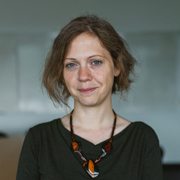 |
Prof. Ana Antic from the University of Copenhagen is a social and cultural historian whose research focuses on the relationship between politics, violence and psychiatry in twentieth century Europe, as well as the decolonisation of psychiatric practices and concepts (photo: Zarko Ivetic). |
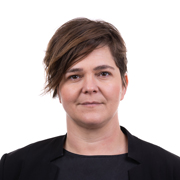 |
Karma Ben Johanan, a senior lecturer from The Hebrew University of Jerusalem, looks at the relationships between different religious traditions, most recently working on how the Catholic Church responded to Jews after the reconciliation attempts of Vatican II, and how orthodox Jewish thinkers have responded to the same developments (photo: Avigail Piperno-Beer) |
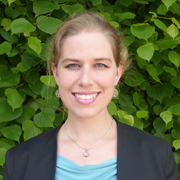 |
Asst. Prof. Elise Burton from University of Toronto is a historian of science, race and nationalism in the modern Middle East, focusing on the history of genetics, physical anthropology, evolutionary biology and biomedicine (photo: courtesy of Elise Burton). |
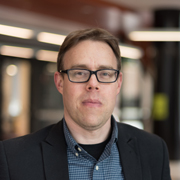 |
Prof. Adam Clulow from University of Texas at Austin is a global historian who reassesses power relations between Europe and East Asia, and uses video games and VR to make history accessible to both students and the wider public (photo: courtesy of Adam Clulow). |
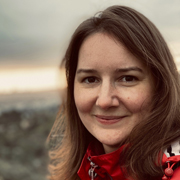 |
Asst. Prof. Krista Goff from University of Miami uses oral history and everyday sources to understand the experiences of understudied ethnic minorities in the Soviet Union, especially those not recognized as nationalities by the state (photo: Courtesy of Krista Goff).
|
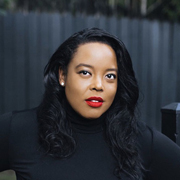 |
Prof. Stephanie Jones-Rogers explores women’s social, economic and legal relationships to enslaved people and to the slave trade in the trans-Atlantic world (photo: Lily Cummings McCubbin). |
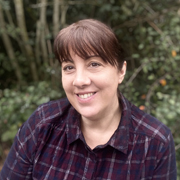 |
Asst. Prof. Anita Radini from University College, Dublin, is an “archaeologist of dirt” who analyzes the tiny remains of dust that collect in dental plaque, and uses them to learn about the work lives and environments of people in the past (photo: courtesty of Anita Radini). |
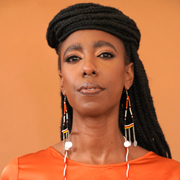 |
Chao Tayiana Maina is a public historian who uses digital technologies (she is the founder of African Digital Heritage) to capture and preserve previously hidden or suppressed historical narratives in Kenya, enabling communities to engage with their cultural heritage (photo: Lyra Aoko). |
"We all share a past. We all shape the future"
“Insights about the past should circulate through every part of every community,” said Prof. Aviad Kleinberg, historian and Dan David Prize board member. “We all share a past. We all shape the future. Knowledge of the past - historical, not mythological - belongs to everyone. A culture that does not understand its past is like an individual with acute amnesia. Amnesia makes one bear the past’s consequences without awareness of it and without the power to escape it.”
The winners were selected from hundreds of nominations submitted by colleagues, institutions and the general public in an open nomination process. The finalists were chosen by a global committee of experts that changes annually. This year’s committee members were affiliated with a range of institutions including the universities of Cambridge, Paris, Pennsylvania and Seville. A full list of the 2023 committee is available here.
The Dan David Prize, endowed by the Dan David Foundation and headquartered at Tel Aviv University, was first established in 2001 by the late entrepreneur and philanthropist Dan David, to reward innovative and interdisciplinary work that contributed to humanity. In 2021, the Prize was relaunched with a focus on historical research, honoring the founder’s passion for history and archaeology. Today, the Prize rewards emerging scholars, aiming to help both academics and public historians fulfill their potential at a time when support for the humanities is dwindling.
The nine 2023 winners will be honored at the Dan David Prize Award Ceremony in Tel Aviv in May.
About the Dan David Prize
The Dan David Prize is the largest history prize in the world. Dan David, the founder of the Prize, believed that knowledge of the past enriches us and helps us grapple with the challenges of the present, and is a foundation for reimagining our collective future. At a time of diminishing support for the humanities, the Prize celebrates the next generation of outstanding historians, archaeologists, curators and digital humanists. Each year, up to nine researchers are awarded $300,000 each in recognition of their achievements and to support their future endeavors.
To learn more about Dan David, the Prize and the 2023 winners, visit www.dandavidprize.org.


